Better care, with fewer health care costs, in a system where everyone has a HealthSavingsAccount? Read the following interview and see if you agree.
Doctor LaGrelius MD truly has an in depth understanding of how to restructure the health care sector’s backbone to assure continued good quality primary doctors and enough good specialists.This is really worth a read for perspective, especially with the changes being made to the US medical system.
I agree with Dr LaGrelius MD that the Hippocratic, patient centered healthcare system, where doctors work for their patients and not the patients insurance company, is what encourages doctors to be cheerful about the days work, having time and mind to be good diagnosticians and also make thorough, in depth assessments followed by implementation of well rounded, safe and effective care protocols.
10 Questions: Tom LaGrelius, MD
LaGrelius graduated from the University of Washington Medical School in Seattle in 1969 and served his internship and residency at the University of Southern California Medical Center. He gained his board certification in family medicine in 1977 and in geriatric medicine in 1990.
A past president and past board chair of the American Academy of Private Physicians, LaGrelius practices in a direct primary care or concierge-style model.
1. What’s the biggest barrier to your practicing medicine today?
One of my greatest concerns as a primary care concierge/direct practice doctor is that I cannot do everything. I need specialist consultants to deal with serious disorders even though I am preventing some of them. I fear that the system will so deteriorate that I will not be able to find qualified consultants willing to see my patients and able to care for their specialty needs privately inside the traditional Hippocratic healthcare delivery model where the patient comes first, not the interests of “society.” The biggest barrier to care is thus creeping socialism.
2. What is your most vivid memory involving a patient who could not afford to pay for healthcare (or meds or tests, etc.) and how did you respond?
Of course, there were and are many individuals I care for with little or no charge, but about 15 years ago my uninsured patients were being overcharged by hospitals at least three times, perhaps five times, the cost of care because of insurance company contracting distortions of the market ultimately caused by bad government policy.
I was helping Pat Rooney, the father of medical savings accounts, and K.B. Forbes, his publicist, with that issue. They were filing suits all over the country against hospitals who were overcharging the poor and uninsured and those with high deductible insurance. They developed a website, now inactive unfortunately, hospitalvictims.com, to show patients how much they were being overcharged. I was on the hospital executive committee and was able to convince the administration of Torrance Memorial Medical Center to offer first a 60%, then 70%, and now 81% discounts off the charge master for cash.
By doing so they avoided potentially being targeted for legal action, and that was the lever that made it happen. The program is still in force and is the best discount-for-cash-care hospital deal around. Rooney and Forbes were heroic on this issue, and I was privileged to help them locally and around the country. Rooney is gone. Forbes still owns the website, but lacks funds to keep it open.
3. What do you most often wish you could say to patients, but don’t?
Why do you feel entitled to healthcare?
4. If you could change or eliminate something about the healthcare system, what would it be?
Health insurance. It should be eliminated entirely except for very expensive catastrophes; 90% of healthcare purchases should be cash out of personally held Health Savings Accounts held by all citizens. If there is to be a mandate it should be that all Americans have an HSA as is the case in Singapore.
5. What is the most important piece of advice for med students or doctors just starting out today?
Go into primary care and become a direct practice doctor outside the insurance system. Work only for patients.
6. What is your “elevator” pitch to persuade someone to pursue a career in medicine?
This is the most rewarding, exciting career there is. You will never be bored. You will never lack work. You will never regret being a doctor IF you work only for patients. But if you don’t work only for patients, you will regret your decision in the end.
7. What is the most rewarding aspect of being a doctor?
Going home every night knowing I gave a dozen people a better day than they otherwise would have had, and occasionally actually saving a life.
8. What is the most memorable research published since you became a physician and why?
The American Journal of Managed Care, December 2012 article showing that concierge practices cut hospitalizations 79%, readmissions 94%, and specialty care needs 50%, proving that what I am doing is the right way to practice primary care medicine and is making patients healthier than other forms of primary care.
9. Do you have a favorite hospital-based TV show?
“Royal Pains”
10. What is your advice to other physicians on how to avoid burnout?
Drop insurance contracts and work only for patients. Practice in solo or small groups. Avoid conflicts of interest that prevent your doing what is best for each individual patient. Do not subscribe to the “public health” model of care if you are working with patients.
